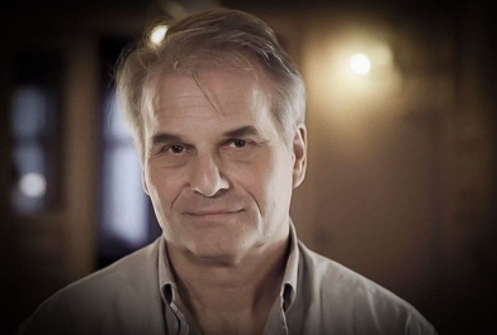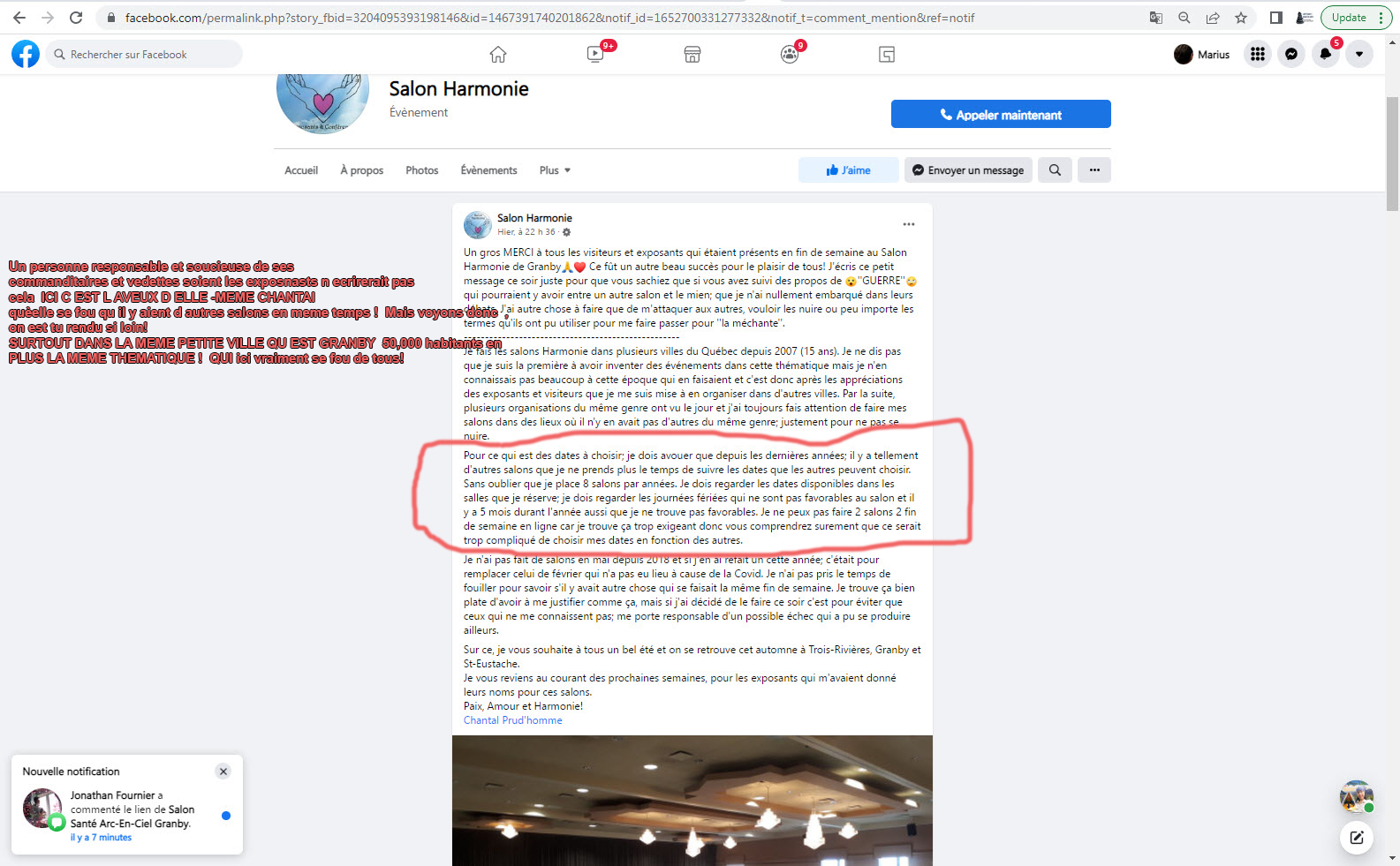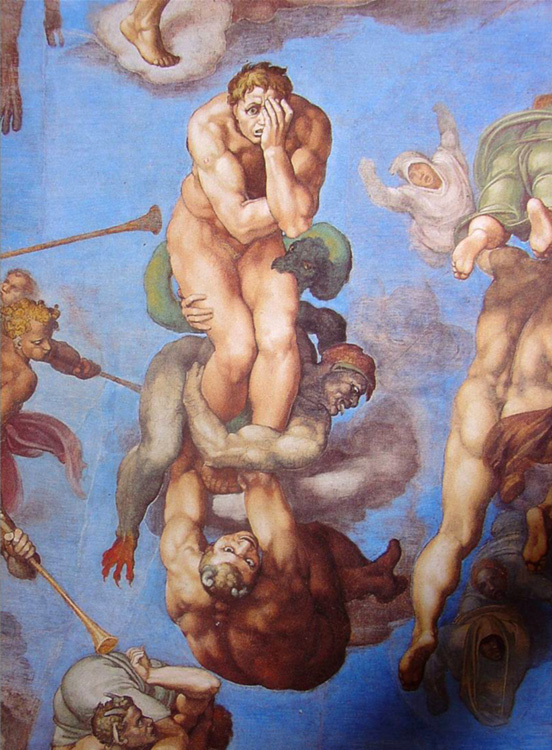
As millions of his admirers in India and elsewhere observe the birth centenary of the great Hindi filmmaker Guru Dutt on 9 July, their celebration of his great cinematic achievements will be mingled with deep regret at the many personal tragedies of his life which resulted in his early death, following earlier suicide attempts, at the age of only 39 (in 1964).
The deep sadness over his tragic life will be further aggravated by deeply troubling memories that in some ways this ran parallel to the extremely sad life of his highly talented singer wife Geeta Dutt.
Those who have seen Guru’s films say that there was no other filmmaker quite like him. Those who have heard Geeta’s songs say that there was never a singer quite like her. If you have been listening to Geeta Ji’s songs, you can immediately identify her voice in the middle of a hundred other songs. Both of them brought something that was new, almost unique and extremely valuable to their chosen artistic fields. Their artistic collaboration was bound to result in very beautiful work, and it did. But personal tragedies struck in very cruel ways to cut short this period of great creativity. Many of Guru Dutt’s admirers have been left wondering how much more could have been achieved in terms of truly great cinematic work if Guru had not died at the age of only 39, meaning a cinema career of less than two decades.
Image is licensed under Fair Use

What Guru Dutt achieved in this short time was truly a huge achievement, giving us many memorable films like Sahib Bibi Aur Ghulam, Chaudhavin Ka Chaand, Mr. and Mrs. 55 and Aar Paar, not to mention the many films, like Sanjh Aur Savera, in which he contributed only as an actor. However his cinematic greatness rests most prominently on his two never-to-be-forgotten films ‘Pyasa’ and ‘Kagaz ke Phool’, particularly the former, which over the years has brought him increasing admirers in many parts of the world including the west.
Literally Pyasa means thirsty and this Hindi word is used in this film to convey the deeper thirst of a highly sensitive poet to find understanding and meaning in a highly materialist world which is at odds with his yearnings and feelings. One commonly felt desire of a struggling artist, writer or poet is to find some recognition for his (her) work in a difficult and hostile world, but even when recognition comes and with it the prospects of fame and wealth, the poet or the artist may still remain ‘thirsty’—pyasa—because deep within his soul needs not just recognition but also a deeper understanding—the kind of understanding which does not need explanation of why the poet feels impelled to reject fame and wealth when these are finally his for the asking.
The story to some extent parallels that of Guru Dutt for he too attained stardom at a young age but his thirst was not satiated. However the comparison ends here. For while the protagonist in the film finds solace as there is someone to whom he can go after rejecting the option of receiving fame and wealth from an uncaring and opportunist world, in real life Guru cannot somehow find this deeper solace and is driven towards self-destruction, his ‘thirst’ or ‘pyaas’ unquenched in the middle of all the fame and glory.
In a world that is increasingly rejecting ideals and idealism and treats any quest for a life based on these with crass insensitivity, Pyasa still finds deep resonance with sensitive and caring audiences all over the world who identify with the rebel poet and get deeply absorbed in his many struggles, sorrows and predicaments.
Guru Dutt wrote the basic story of this film at a time of his own struggles early in life. Before he died suddenly, he was working on a film on the struggles of an idealist journalist, as well as exploring the idea of a film adaptation of Oliver Twist.
Apart from being a great film-producer, director and actor himself, Guru Dutt contributed a lot to Hindi cinema by bringing together a very talented team and providing important breaks to several highly talented artists, including Waheeda Rehman. He could establish a successful film company at a very young age, despite all the difficulties involved in such an attempt for someone who was an outsider in the film industry. His film company remained committed to making socially relevant good quality films.
*
Click the share button below to email/forward this article. Follow us on Instagram and X and subscribe to our Telegram Channel. Feel free to repost Global Research articles with proper attribution.
Bharat Dogra is Honorary Convener, Campaign to Save Earth Now. His recent books include Hindi Cinema and Society, Navjeevan (Hindi short stories), A Day in 2071 (English short stories and novellas) and Ummeed Mat Chhorna) (Hindi poems and songs). He is a regular contributor to Asia-Pacific Research.
Featured image: Dutt on a 2004 Indian stamp. (GODL-India)
Global Research is a reader-funded media. We do not accept any funding from corporations or governments. Help us stay afloat. Click the image below to make a one-time or recurring donation.


.png) 4 day_ago
6
4 day_ago
6


























 French (CA)
French (CA)